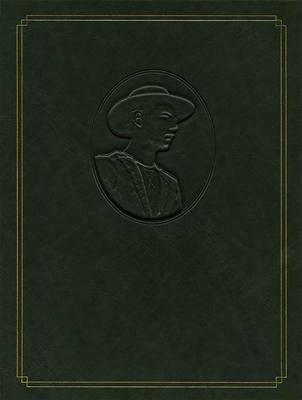In the crumbling community of a fundamentalist Mormon sect, the boys who remained behind reinvent themselves as modern-day cowboys
American photographer Jim Mangan began The Crick as a photographic survey of the unorthodox architecture of Fundamentalist Church of Jesus Christ of Latter-Day Saints (FLDS) houses in the Utah-Arizona border town of Short Creek. He soon found that the bigger story lay in a group of teenage boys navigating their disintegrating community, fractured after leader Warren Jeffs was imprisoned in 2011. These subjects were children at the time of the fallout, who remained with their families in Short Creek as others elected to leave the town altogether. The Crick is a meditation on religious succession, patriarchal systems, zealotry and fraternity in the life built by these young men. Mangan's pictures transport the reader into an alternate reality of the boys' making: where they explore the rugged terrain of southern Utah, northern Arizona and southern Nevada on horseback, emulating old-time explorers of the Western frontier. His "ecological and sociological approach" to this series, spanning five years, depicts the playfulness of youth against the capricious landscape of the American West. In both their real and imaginary worlds, these subjects have gained a knowledge of and closeness to nature that has largely been lost in the conventions of modern life. The collection of photographs is accompanied by an essay by author Judith Freeman and a text by apostatized former FLDS member and artist Roman Bateman.
Jim Mangan (born 1973) is a photographer and filmmaker best known for his images of the American West. His work has been exhibited at the Deichtorhallen in Hamburg, the Kunst im Tunnel in Dsseldorf and the Utah Museum of Contemporary Art. In 2015, his project Blast was shown at the Sundance Film Festival.
